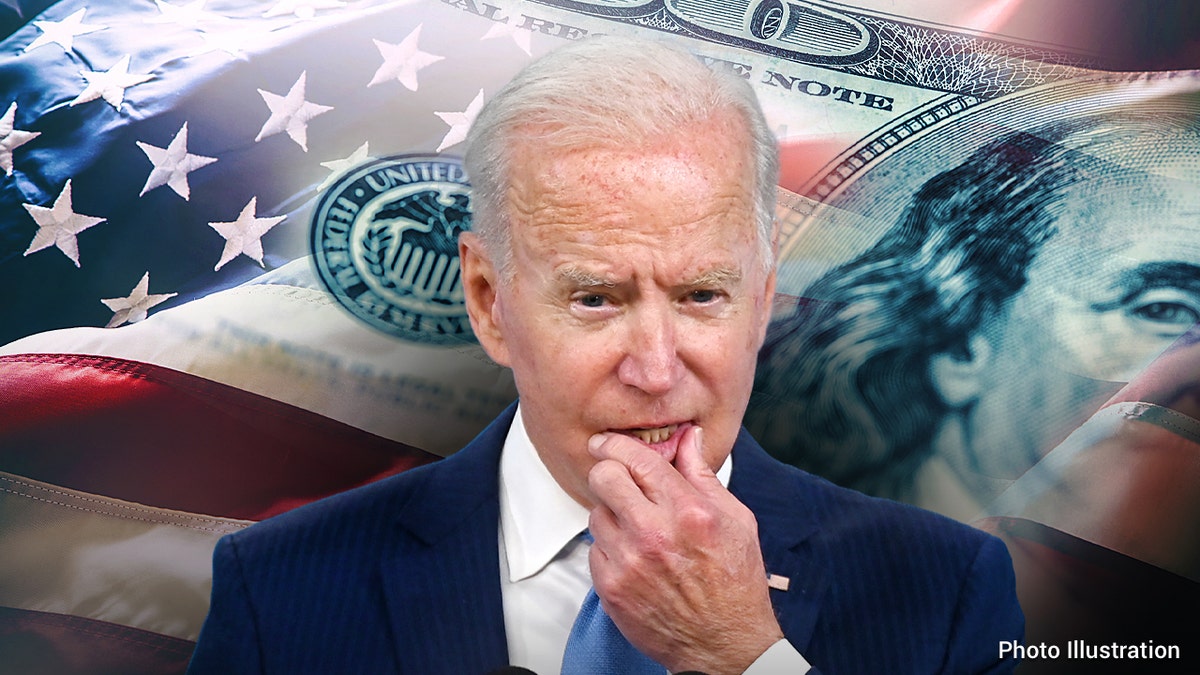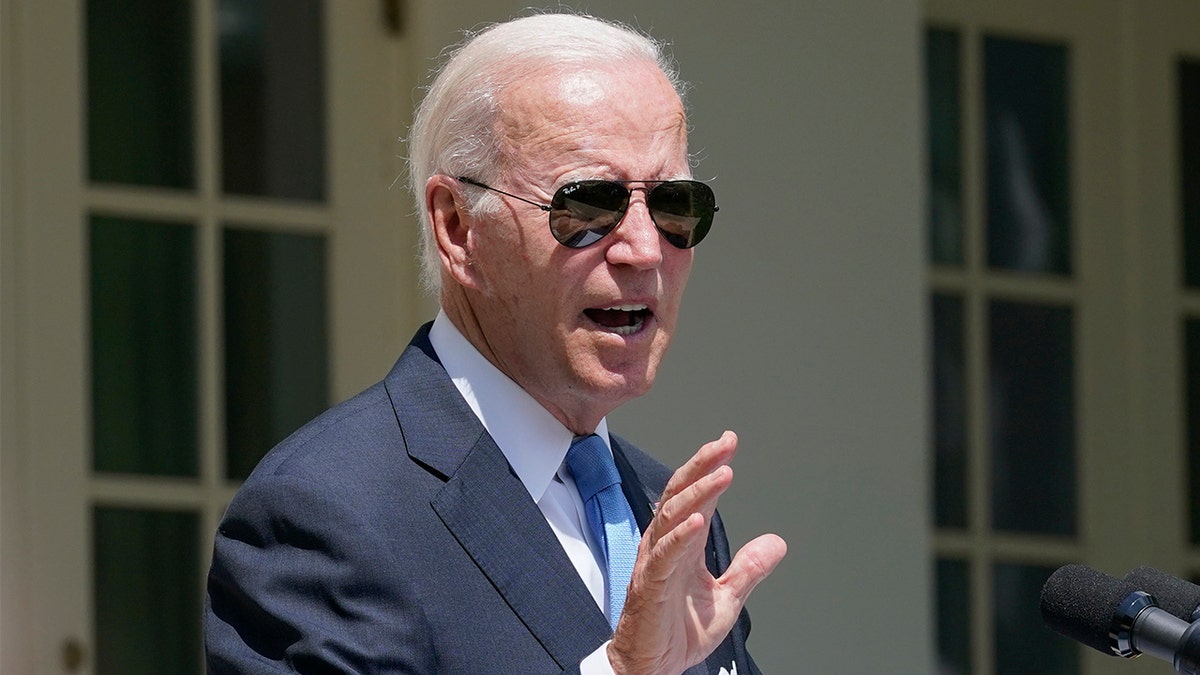Joe Rogan criticizes Biden Admin for redefining the term "recession"
Rogan calls out people redefining economic terms for political gain in an episode of his podcast.
Bloomberg editor-in-chief emeritus Matthew A. Winkler blamed Republicans Monday for the public’s low trust in President Biden’s economy.
"With about 70% of Republicans believing incorrectly that Joe Biden lost the 2020 presidential election when he won it by more than seven million votes, it's no wonder sentiment is similarly skewed against the 46th president, contributing to his low approval in public opinion polls," Winkler wrote in his piece headlined "Blame Election Deniers for Faltering Consumer Sentiment."
He claimed that "the University of Michigan’s national Consumer Sentiment Index plummeted 50% under Biden to an all-time low, primarily due to Republicans' disapproval of an economy led by a Democratic President."
He also suggested Republicans are more likely to let political bias cloud their economic judgment than Democrats, writing, "Since 2006, when such data was introduced, Republicans routinely feel worse when they lose the White House. Democrats also aren't as approving when their party isn't occupying the Oval Office. But in contrast to Republicans, Democrats' confidence correlates closely with rising and falling gross domestic product and unemployment trends, according to data compiled by Bloomberg."

President Biden in an inflation graphic composite (Composite)
GRAHAM SAYS INFLATION REDUCTION ACT WILL ‘MAKE EVERYTHING WORSE’
Winkler wrote that because the economy has rebounded in multiple ways from the worst of the COVID-19 pandemic, unrelated Republican grievances were at the core of economic distrust: "Republicans, suffering the November presidential election, the January 6 (failed) insurrection Donald Trump helped initiate and Biden's inauguration during this period, were having none of it; their dour sentiment weighed on the Michigan index as it plummeted to a record-low reading of 50 in June, according to data compiled by Bloomberg."
He added further that "Only recently" when "GDP slowed and contracted in the first and second quarters, did Democratic sentiment drop below its longer-term average."

President Biden speaks in the Rose Garden of the White House in Washington, Wednesday, July 27, 2022. (AP Photo/Susan Walsh)
He acknowledged, "To be sure, the highest cost of living in 40 years" is "punitive to the least affluent voters -- the traditional base of Democrats -- and Biden now faces the double jeopardy of persistent inflation and increasing chances of recession."
Winkler suggested that "Republicans denying the 2020 election are easy prey for mischievous economic messaging," such as two consecutive quarters of negative GDP growth defining a recession. Instead, he offered the only source to be trusted, echoing White House talking points: "there is no ‘official’ recession until the nonpartisan economists of the National Bureau of Economic Research declare it."
Recently, podcaster Joe Rogan scorched the Biden administration for hiding America’s economic crisis when he brought up on his podcast how "the government is trying to not call it a recession," later adding "they’re literally changing the definition, which is terrible and it should be pushed back against in a big way."

Podcaster Joe Rogan. (Vivian Zink/Syfy/NBCU Photo Bank/NBCUniversal via Getty Images)
Winkler touted job creation numbers as well as the passage of big infrastructure projects, the Inflation Reduction and CHIPS Act, but claimed, "None of this is apparent in the Michigan sentiment index, perhaps because Republicans running for office across the country in 2022 are still denying the results of the 2020 election."
CLICK HERE TO GET THE FOX NEWS APP
He concluded, "Meanwhile, Biden is doing exactly what he promised the 81 million people who voted for him, including higher paying jobs and money for roads, bridges and internet in rural areas from the infrastructure act. And he's succeeding against the odds with some semblance of bipartisan support -- something sadly missing in consumer sentiment."

